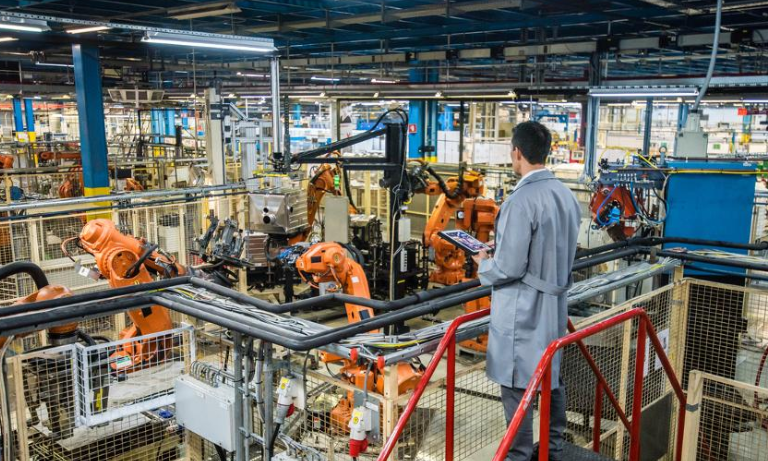 The speed by which manufacturing jobs in the UK are being cut has now reached a six-year high, with Brexit having a huge impact on sector confidence
The speed by which manufacturing jobs in the UK are being cut has now reached a six-year high, with Brexit having a huge impact on sector confidenceAs widely published, the UK manufacturing industry is under huge scrutiny at the moment with a number of major international companies announcing a reduction or even closure of UK manufacturing facilities.
The speed by which manufacturing jobs in the UK are being cut has now reached a six-year high, with Brexit having a huge impact on sector confidence.
Some manufacturers such as Jaguar Land Rover and Honda announced a freeze in production in the event of a no-deal Brexit, and it is also apparent that companies are stockpiling raw materials at an unprecedented rate to avoid potential tariffs and delays. This skewed output figures somewhat, as manufacturers are keen to ensure they have plenty of completed goods ahead of Brexit.
In terms of new orders, numbers have severely stagnated, with both B2B and B2C affected similarly by a lack of confidence and the seemingly endless uncertainty of what will happen after 29th March 2019.
With the pound also weak on the back of these announcements and uncertainty, this has only exacerbated the situation for workers and management in manufacturing.
Even the least risk-averse boardrooms are becoming fearful of the impact of the coming year if this stagnation continues. Naturally, this has an impact on recruitment, with workers clinging on to their jobs and investment frozen for new hires. The opposite is commonplace in the current climate, with many manufacturers announcing job losses contributing to the highest numbers of job cuts in six years.
As the Brexit leave date rapidly approaches without much sign of progress between the UK and EU negotiators, the prospect of a no-deal Brexit really is becoming a terrifying reality to manufacturing leaders on both sides of the Channel, with some fearing this could be an economic crisis to match that of 2008.
It isn’t just factors within the UK that are causing issues. There has been a slowdown across international economies, with various global crises adding to the lack of confidence. It has been acknowledged that the Eurozone manufacturing sector has contracted for the first time in over five years, which could be attributed to trade war concerns and increased uncertainty politically and economically.
The combination of the global slowdown and Brexit really has taken its toll on manufacturing jobs, yet there could also be some opportunities that do open up. As the manufacturing sector relies heavily on EU workers, companies will need to replace those that decide to return to Europe post-Brexit. Some manufacturers or others in the supply chain that are agile and able to adapt quickly to find solutions in post-Brexit UK may also be able to take advantage and need to hire talent to support any potential resurgence.
Recruiters love this COMPLETE set of Accredited Recruitment & HR Training – View Training Brochure








